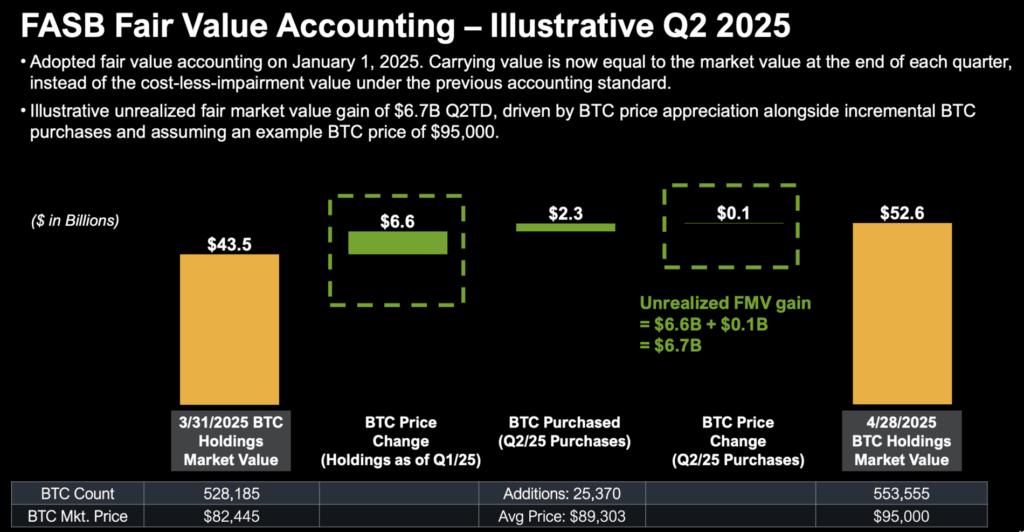
Introduction
Bitcoin, a decentralized digital currency, was created in 2009 and has dramatically changed the landscape of financial transactions. As it grows in popularity and acceptance, Bitcoin raises pertinent questions about the future of money, investment, and the economy, making it a topic of significant importance in today’s digital world.
The Growth of Bitcoin
At the onset, Bitcoin was regarded as a fringe currency, primarily used within a small circle of tech enthusiasts. However, over the years, it has gained considerable traction, with its value surging to over $60,000 at its peak in late 2021. This meteoric rise has attracted investors, institutions, and even governments, with countries like El Salvador adopting Bitcoin as legal tender.
The interest in Bitcoin can be attributed to several factors, including its attractiveness as a hedge against inflation and its growing acceptance by mainstream financial institutions. Companies like Tesla and Square have made significant investments in Bitcoin, and payment services like PayPal now allow users to buy, sell, and hold Bitcoin directly.
Recent Developments in 2023
The year 2023 has seen a wave of regulatory scrutiny and innovation in the Bitcoin space. Governments worldwide are working to establish clearer regulatory frameworks, aiming to protect investors while not stifling innovation. In Canada, the government is focusing on establishing regulations for cryptocurrency exchanges and Initial Coin Offerings (ICOs) to enhance consumer protection.
Moreover, various Bitcoin-based financial products have emerged, including exchange-traded funds (ETFs), making it easier for individuals to invest in Bitcoin without needing to buy it directly. The introduction of these products is seen as a means of democratizing Bitcoin investment and attracting a wider audience.
Impact on the Future
As Bitcoin evolves, it poses significant implications for the global economy and the nature of financial transactions. With its capacity for cross-border transactions at lower costs, Bitcoin has the potential to transform remittances and business payments, especially in developing countries with limited access to traditional banking systems.
Conclusion
In conclusion, Bitcoin sits at the center of a growing movement towards digital currency adoption. Its rise signals a shift in how value is transferred and stored, marking a fundamental change in our financial systems. As trends continue to develop, it will be essential for both investors and users to stay informed about regulatory changes and the evolving landscape of cryptocurrency. The future of Bitcoin remains promising, underscoring its role as a pioneer in the quest for a decentralized and inclusive financial ecosystem.



